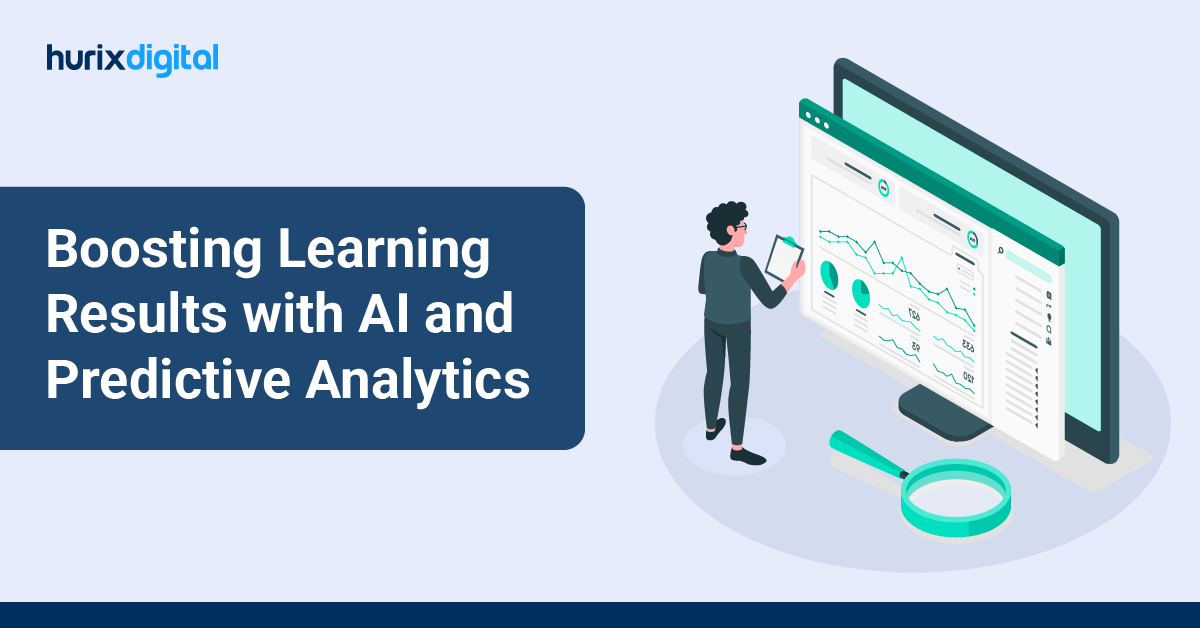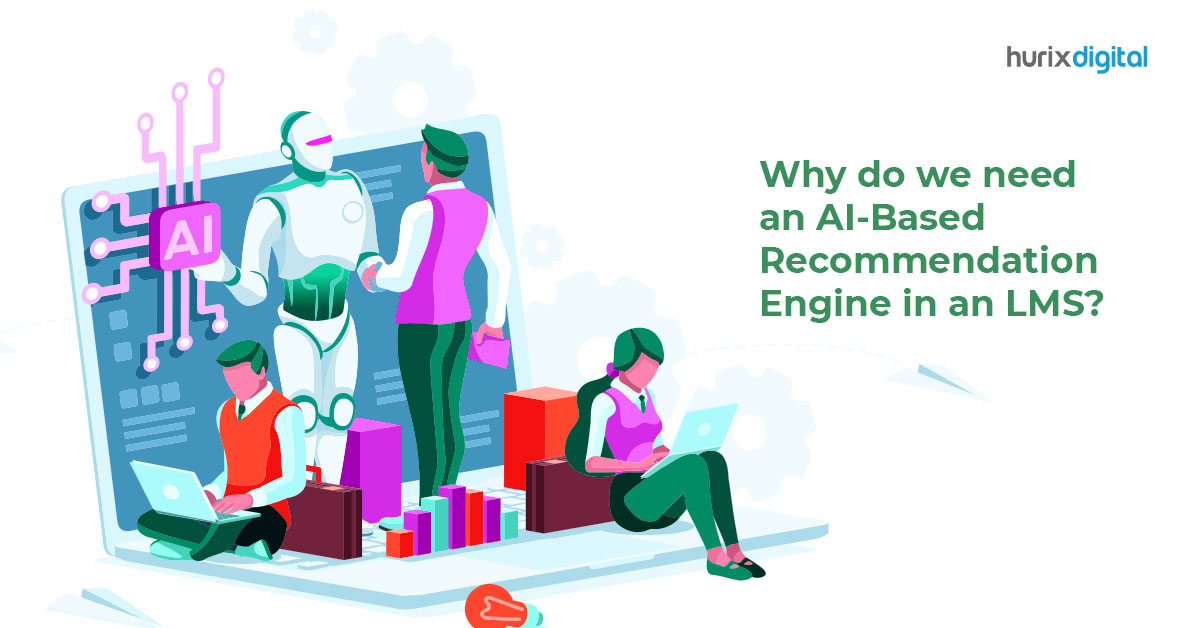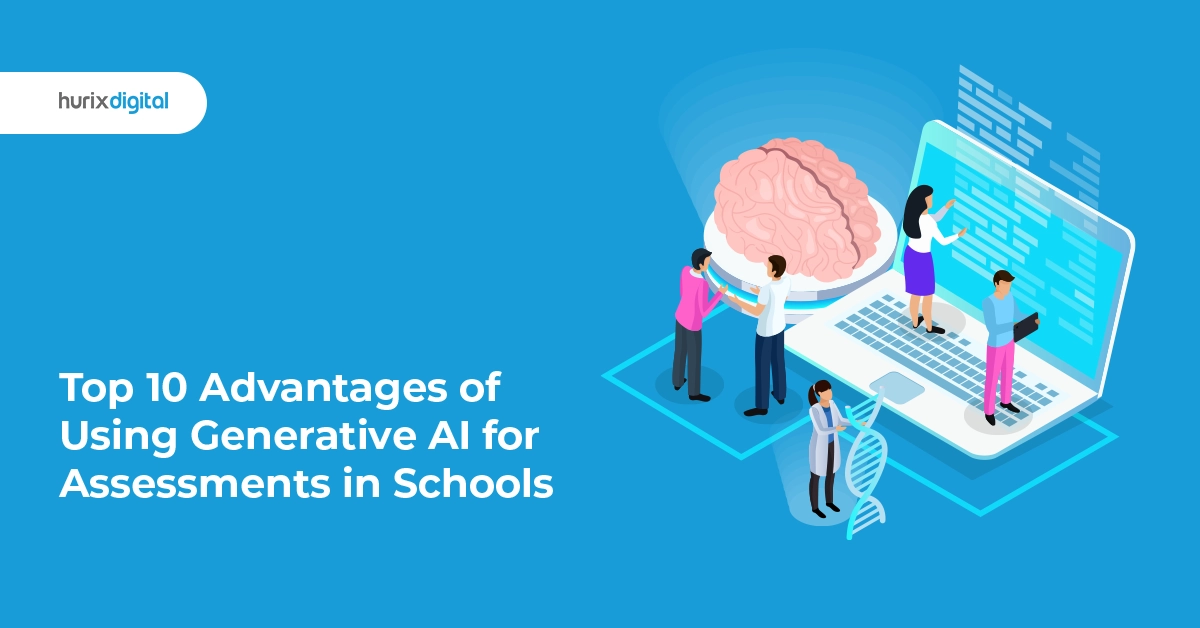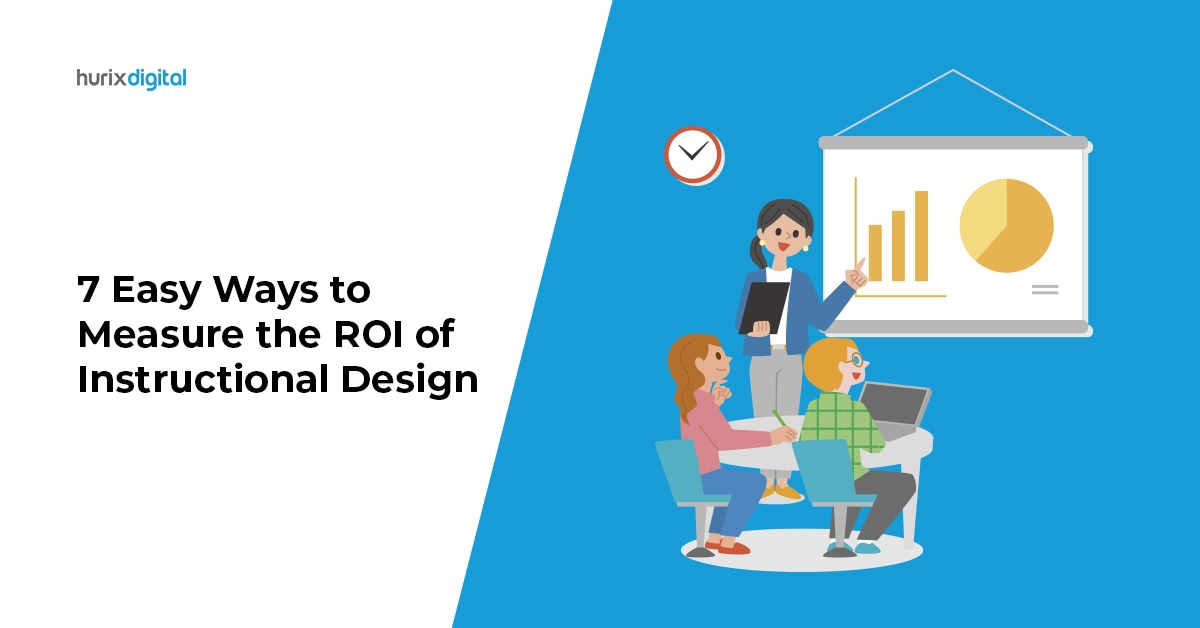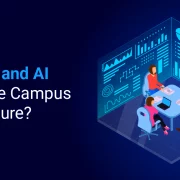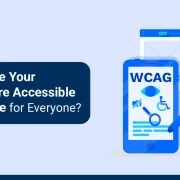
AI in Edtech – Choosing the Best for a Better Learning Experience
An unchangeable certainty is the knowledge of the emergence of AI in Edtech: irrespective of the economic climate and technological breakthroughs, it is here to stay!
If you consciously take note of this industry’s principal benefits and influences, you are cognizant of its swift expansion. The generative AI in the EdTech space has a CAGR of 40.5% in 2023-2032.
And it makes perfect sense—AI regulates all of the laborious, repetitious duties, freeing up human educators to concentrate on delivering superior instruction. Therefore, it serves as an excellent place to start when implementing AI solutions.
However, how correctly do you identify your preferred AI solution? It’s an intimidating but integral question.
Here, we’ll speculate about how your school can improve student learning by using AI in EdTech solutions.
Table of Contents:
- The Evolution of AI in EdTech: A Historical Perspective
- How Does AI in EdTech Strengthen Educational Methodology?
- How Can You Determine the Most Innovative AI-Powered EdTech Solution?
- How are AI-Powered Learning Platforms the Ideal EdTech Solutions?
- What are the 5 Challenges of the Education Sector?
- What are the 5 Benefits of AI-Driven EdTech Solutions?
- The Role of AI in the EdTech Sector
- What are the Four Applications of AI in Education?
- What is the Future of AI in Education?
- Conclusion
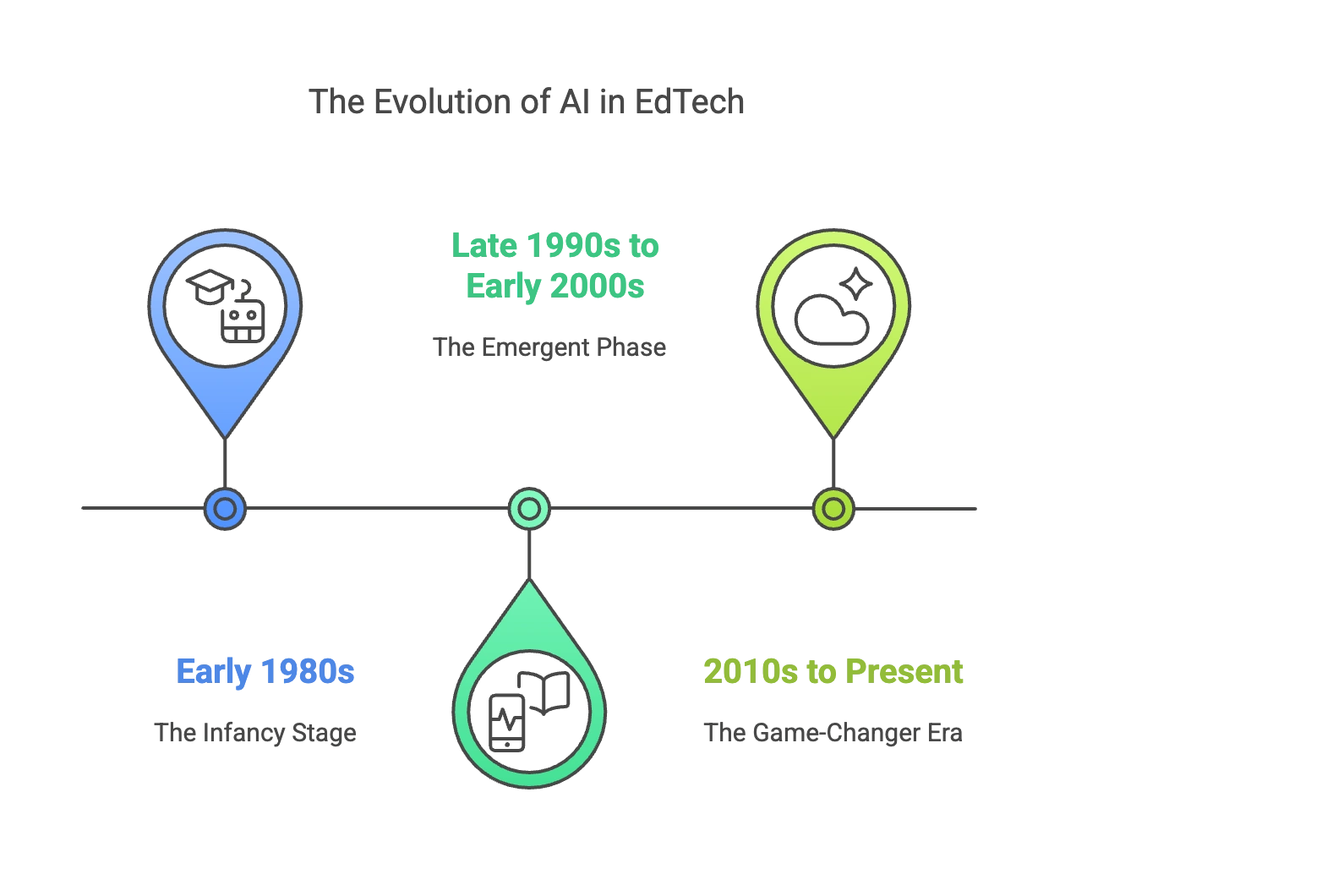
The Evolution of AI in EdTech: A Historical Perspective
The integration of AI in EdTech is not a recent phenomenon but rather a historical evolution marked by continuous advancements. Its application and precision have evolved dramatically over time.
With every successive decade, we’ve witnessed exponential growth in the integration of AI across various education realms.
The Infancy Stage, Early 1980s
The early 1980s mark the true birth of AI in the education sector. Progress in computational facilities during this era gave rise to primitive intelligent tutoring systems. These initial prototypes truly embodied the fundamental concept of personalized learning by changing according to the learner’s needs.
The Emergent Phase, from the Late 1990s to the Early 2000s
The emergent phase saw an escalated incorporation of AI in educational software. It also marked the initiation of data analytics in instructional and learning processes to monitor and enhance student outcomes.
The Game-Changer Era, 2010s to Present
Our present era is witnessing genuine innovation. The rapid progress in AI fundamentals like machine learning and natural language processing is assisting in a remarkable transformation in the application of AI in K12 Education and higher levels of learning.
As per a report by Forbes, the EdTech sphere is predicted to reach a staggering $404 billion by 2025, with AI innovations holding the central role in this monumental surge.
How Does AI in EdTech Strengthen Educational Methodology?
Artificial intelligence in schools is a diverse and multidisciplinary field. From data analysis to predictive learning trends and patterns, artificial intelligence is pervasive and has gained traction on a global scale.
The Generative AI in EdTech market size is estimated to reach 5.3 billion dollars by the year 2032. AI-based educational software is helping learners with their goal-based objectives through the curation of learning materials and curricula that are personalized and facilitate interactive learning:
- The use of AI-enabled speech recognition tools and audio-to-text software has led to an increase in inclusivity and accessibility of the educational matter
- Simulations and immersive environments help cater to student-teacher interactions and self-paced learning processes
- Multi-language learners and students with learning disabilities or impairments can also benefit from the support and assistance provided by the AI tools
How Can You Determine the Most Innovative AI-Powered EdTech Solution?
Consider the capabilities and ease of integration of the AI solution with the present setup when opting for the optimal one for your school. You should consider the following points when figuring out an AI solution:
- Does the AI solution integrate with your current teaching platform?
- What is the platform’s purpose to build skills or enable deeper learning?
- Is there any specialized training required for teachers?
- What skills do you want your students to develop using this tool?
- Can you get access to all features in the existing plan?
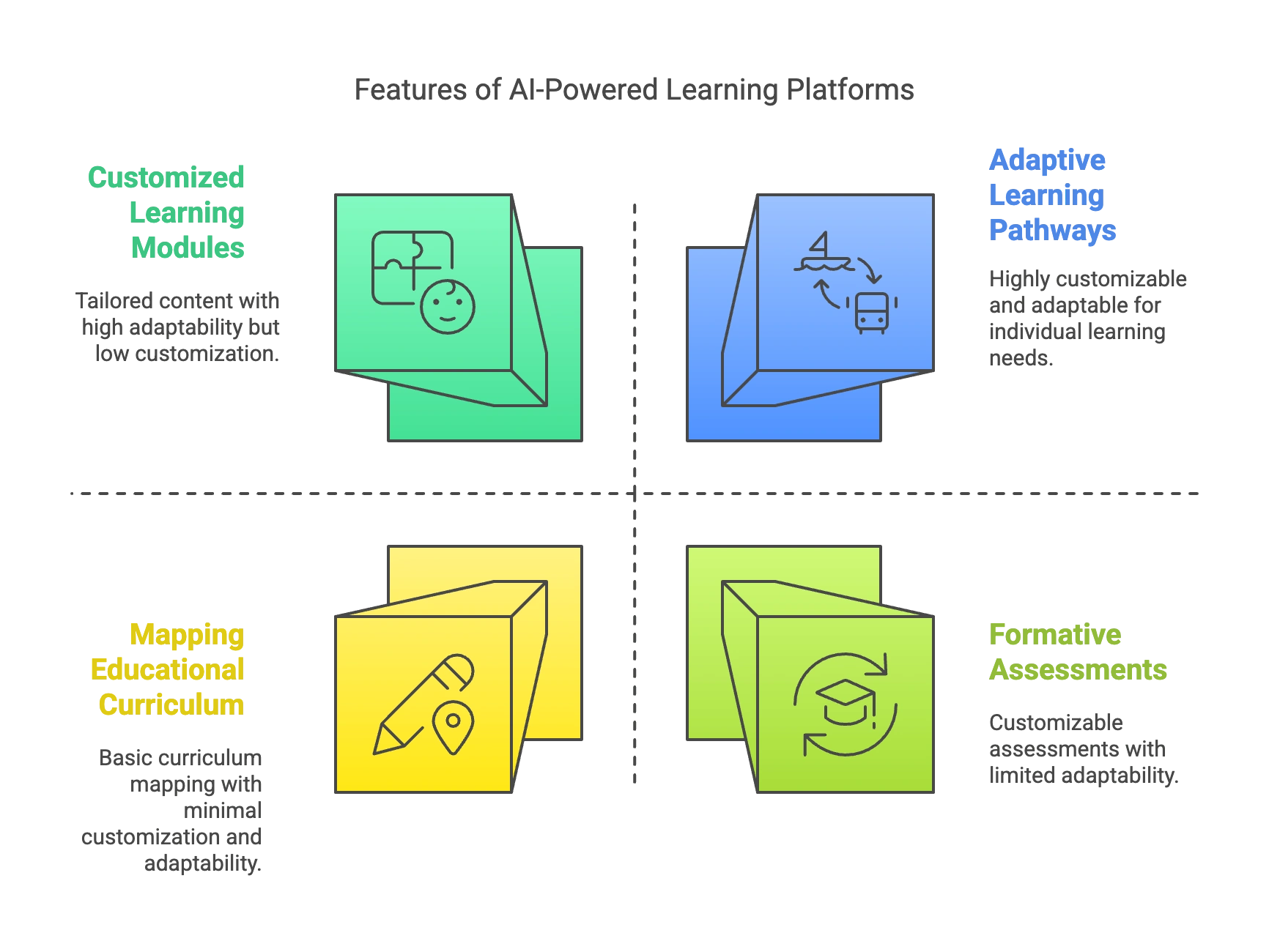
How are AI-Powered Learning Platforms the Ideal EdTech Solutions?
There’s significant upheaval in the EdTech sector as technology enables the preparation of classroom education. Learning management systems help further the medium of instruction and maintain the integrity of the learning systems.
For instance, with the help of optimized educational planning software, educators can build on previously presented lectures and lessons to create a curriculum that is more lucid. With a little guidance from the EdTech staff, you can edit, modify, or even create your lesson plan.
AI EdTech solutions have countless benefits for educational institutions, including reduced expenses beyond efficacy, greater flexibility in learning, and new opportunities for every pupil. Here’s how the learning platforms can serve as ideal EdTech solutions:
1. Mapping Educational Curriculum and Lesson Plans
The AI-powered learning platforms help to tailor content delivery mechanisms and curate plans in sync with the needs and requirements of learners. Educational curriculum design can be mapped out to suit learners at different levels.
2. Adaptive Learning Pathways
Students can learn at their own pace with every lesson that can meet individual needs and requirements. Teachers can monitor and track the progress levels without fearing students falling behind or being unable to impart fair and equitable access to education for all.
3. Customized Learning Modules
The lesson plans can be specifically designed and built to be future-ready and scalable. Personalized learning with AI ensures that every student can benefit from the learning modules and be adopted as bite-sized pieces of content.
4. Formative Assessments
Educators can assess students of diverse skill sets and fill in the gaps for learners regardless of their level and educational criteria. Automated grading and inclusive monitoring of the success metrics of the students help them strategize creatively and prepare better.
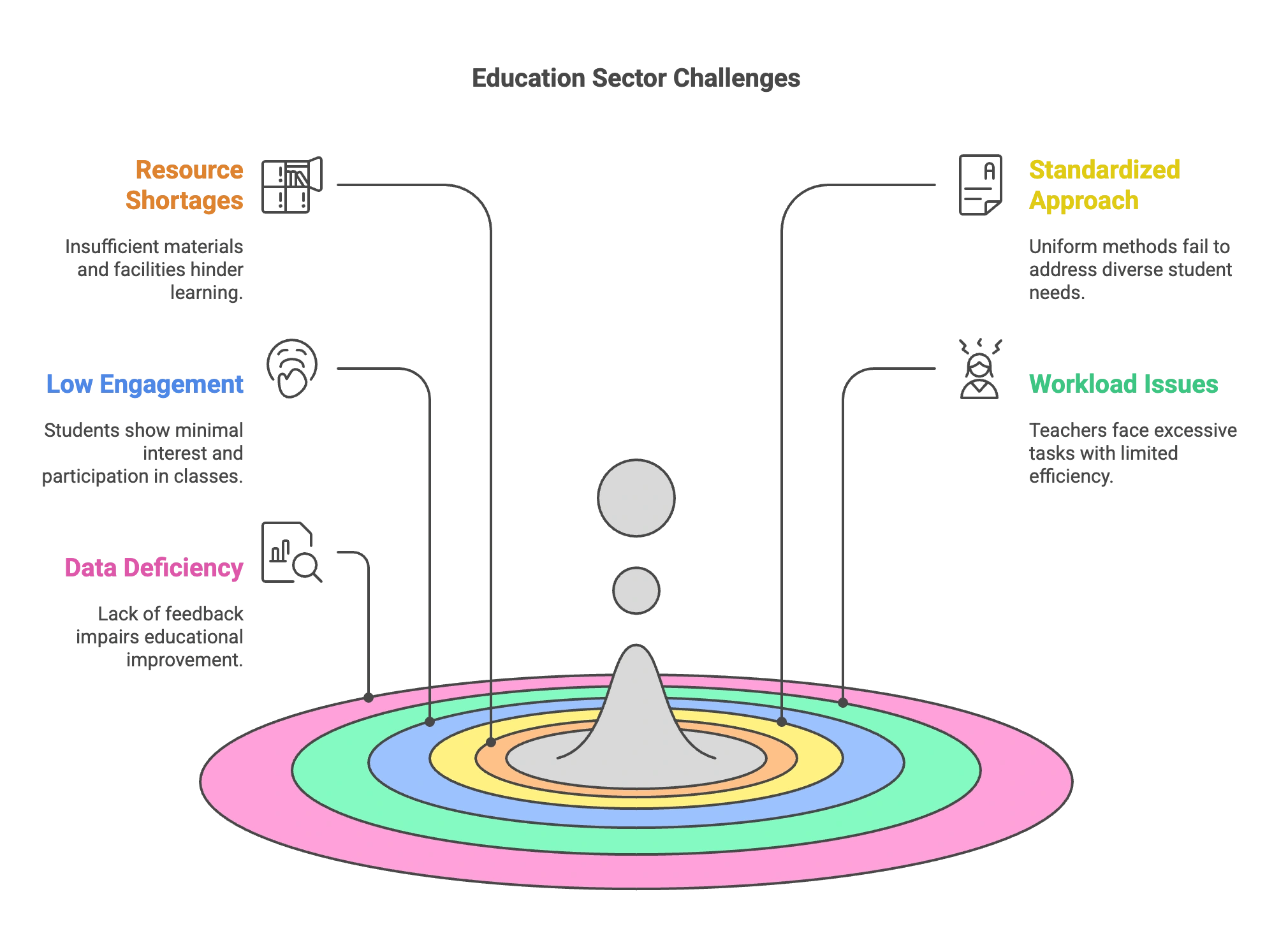
What are the 5 Challenges of the Education Sector?
The education sector is facing several challenges that hinder its ability to provide quality and equitable education for all.
Some of these challenges are:
1. Lack of Resources and Infrastructure
Many schools and educational institutions lack the necessary resources and infrastructure to deliver effective and engaging education. This includes access to the internet, devices, software, content, and trained teachers.
2. One-Size-Fits-All Approach
The traditional education system follows a one-size-fits-all approach that does not cater to learners’ diverse needs, preferences, and abilities.
This leads to a lack of personalization, differentiation, and individualization in the learning process. As a result, many learners struggle to keep up with the pace, content, and methods of instruction, while others get bored and lose interest.
3. Low Engagement and Motivation
The education sector also faces the challenge of keeping learners engaged and motivated in the learning process.
Many learners find the curriculum irrelevant, boring, or too difficult and do not see the connection between their learning and their future goals. This leads to a lack of interest, participation, and retention in learning.
4. High Workload and Low Efficiency
The current education scenario puts a lot of pressure and workload on educators, who have to deal with multiple tasks and responsibilities, such as planning, teaching, assessing, grading, and providing feedback.
This leaves them with little time and energy to focus on the core aspects of teaching and learning, such as creating engaging content, facilitating discussions, and providing personalized support.
5. Lack Of Data and Feedback
Data and feedback are also lacking in the education sector, which is essential for improving quality and effectiveness. Many schools and educational institutions do not have the tools and systems to collect, analyze, and use data to inform their decisions and actions.
Moreover, many learners and educators do not receive timely and meaningful feedback that can help them identify their strengths, weaknesses, and areas of improvement.
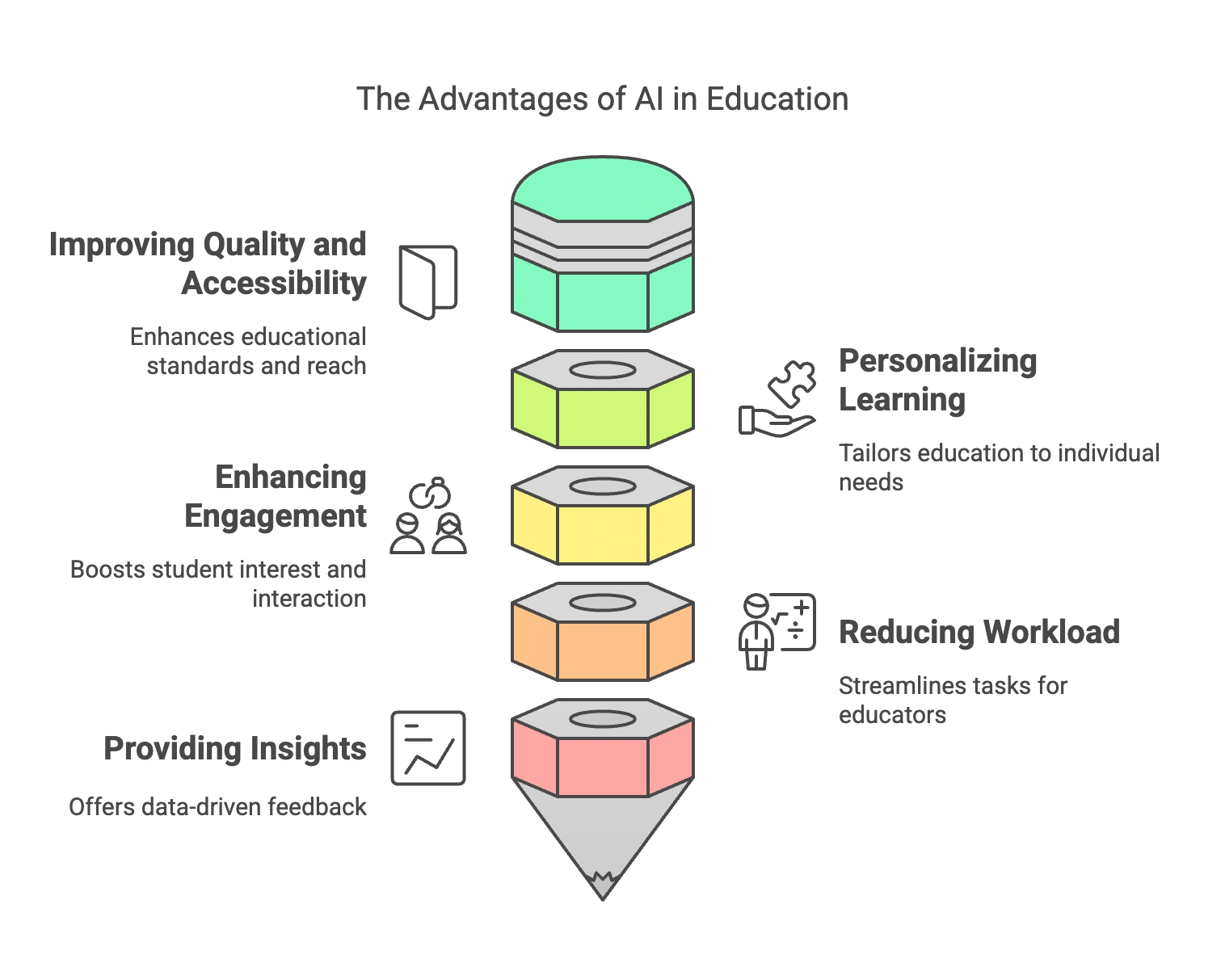
What are the 5 Benefits of AI-Driven EdTech Solutions?
AI-driven EdTech solutions can help address these challenges and provide several benefits for the education sector, such as:
1. Improving Education’s Quality and Accessibility
Artificial Intelligence in education can help improve the quality and accessibility of education by providing learners and educators with the resources and infrastructure they need to access and deliver effective and engaging education.
For example, AI can help create and curate high-quality and relevant content, provide online and offline access to learning materials, and enable remote and blended learning models.
2. Personalizing the Learning Experience and Outcomes
AI-driven EdTech solutions can help personalize the learning experience and outcomes by providing learners and educators with the tools and systems to customize and optimize the learning process.
For example, AI can help assess learners’ needs, preferences, and abilities, provide adaptive and personalized learning paths, and offer personalized recommendations and guidance.
3. Enhancing Learner’s Engagement and Motivation
Using AI-driven EdTech solutions can help enhance learners’ engagement and motivation. This is done by providing learners and educators with the features and functionalities to make learning more interactive and fun.
For example, AI can help gamify the learning process, provide immersive and experiential learning environments, and offer rewards and incentives for learning achievements.
4. Reducing Workload and Enhancing Educator’s Efficiency
By providing learners and educators with the support and assistance they need to perform their tasks and responsibilities more effectively and efficiently, AI-driven EdTech solutions can reduce the workload and enhance the efficiency of educators.
Using AI, educators can automate and streamline administrative and repetitive tasks, such as grading, feedback, and attendance, and provide smart classrooms and intelligent tools, such as chatbots, virtual assistants, and tutors.
5. Providing Data-Driven Insights and Feedback
AI-driven EdTech solutions can help provide data-driven insights and feedback for improvement by providing learners and educators with the data and analytics they need to monitor and measure the learning process and outcomes.
AI-driven learning platforms, for example, can help collect and analyze data from various sources, such as learner behavior, performance, and feedback, and provide actionable and constructive feedback, suggestions, and interventions for improvement.
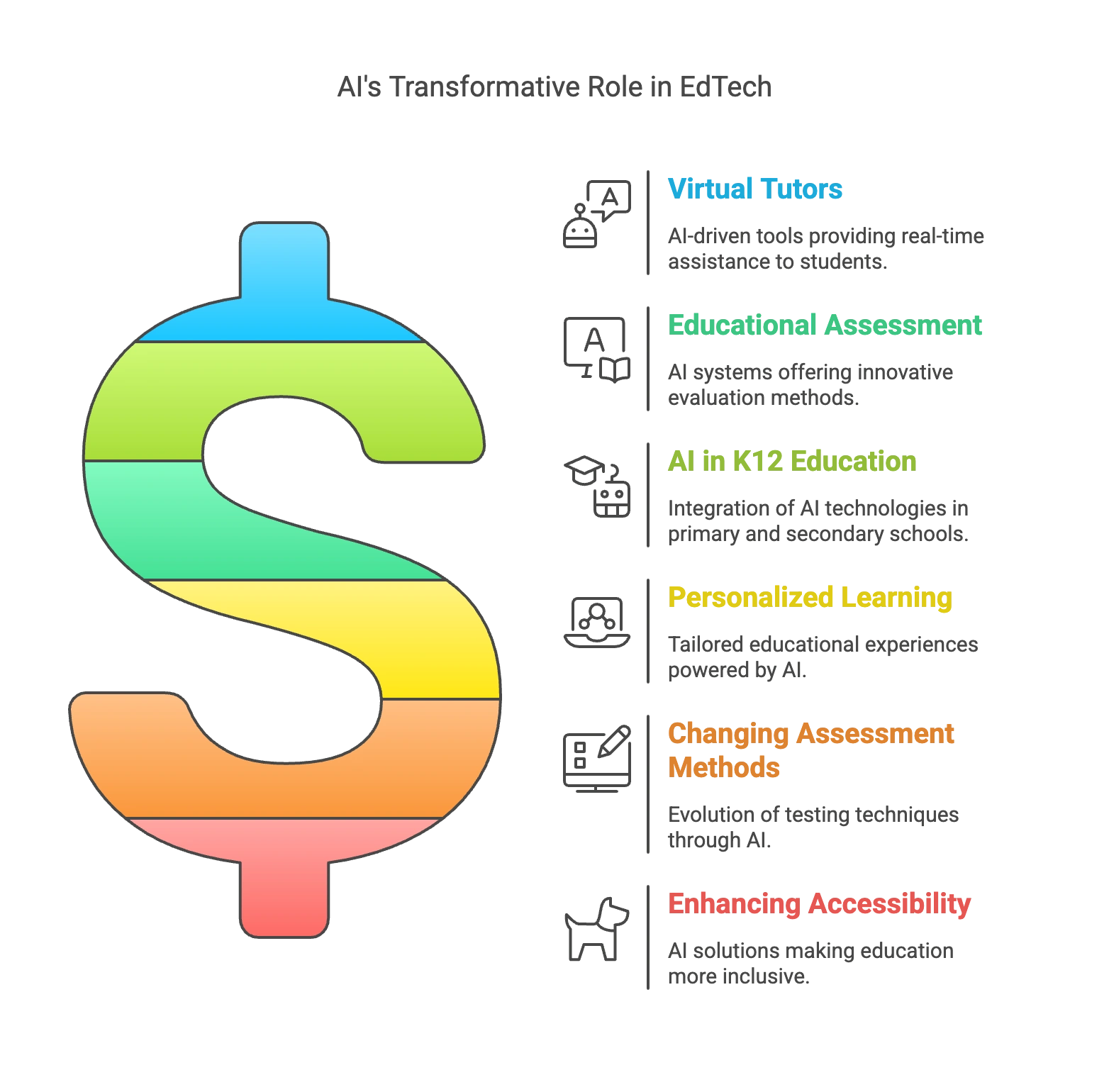
The Role of AI in the EdTech Sector
This revolutionary force of AI is dynamically evolving, consistently molding education in ways that were inconceivable just a few short years ago.
To better understand the role of AI, let’s have a look at the various sectors of EdTech for better understanding:
1. Virtual Tutors
AI-powered virtual tutors are an example of one such role AI in EdTech has successfully provided. Instead of prescribing one-size-fits-all lessons, these smart digital guides offer a customized learning journey. They meticulously assess each student’s unique learning pattern, identify their strengths, and address areas needing enhancement.
This approach revolutionizes education, making it far more engaging and individualized.
A recent report by HolonIQ predicts a remarkable 47% surge in the use of AI for virtual tutoring by the year 2025. This shows how AI in EdTech can be pivotal to the success of learning in the future.
2. Educational Assessment
Applications of AI in Educational Assessment, like Automated Essay Scoring (AES), are proving to be highly effective in speeding up the grading process while simultaneously simplifying evaluation methods and feedback practices.
The employment of AI in Educational Assessment serves a twofold purpose. This approach is a significant time saver for educators and provides students with instant and comprehensive feedback, highlighting their achievements and areas that need attention.
3. AI in K12 Education
The impact of AI in K12 Education is prominently seen in the personalized learning sector.
AI-infused platforms in K-12 education have seen a surge in usage to bolster personalized learning journeys for students. This does more than merely foster self-guided learning; it also assists in overcoming the constraints present in conventional classroom instruction.
4. Personalized Learning
Numerous educators are utilizing AI’s capabilities in EdTech to provide personalized and unique learning trajectories for students. These AI-driven platforms are tailored to comprehend and match each student’s learning pace, fostering a more engaging and effective educational journey.
A recent study by EdSurge noted that AI-driven personalized education can boost student’s productivity by up to 40%. This highlights the significant impact and transformative potential of integrating AI in tailoring educational approaches to individual student needs.
5. Changing Assessment Methods
In education, the application of AI in EdTech has revolutionized conventional methods. With AI, real-time feedback and customized exam questions are now commonplace, notably improving the student examination process.
6. Enhancing Accessibility
With AI in Education, a climate of accessible learning has risen significantly. Platforms that use the power of AI are closing the educational gap and presenting personalized learning paths tailored to students with disabilities.
Moreover, implementing AI in K12 Education revolutionizes lesson structure, ensuring equitable learning possibilities for all students, regardless of their unique abilities.
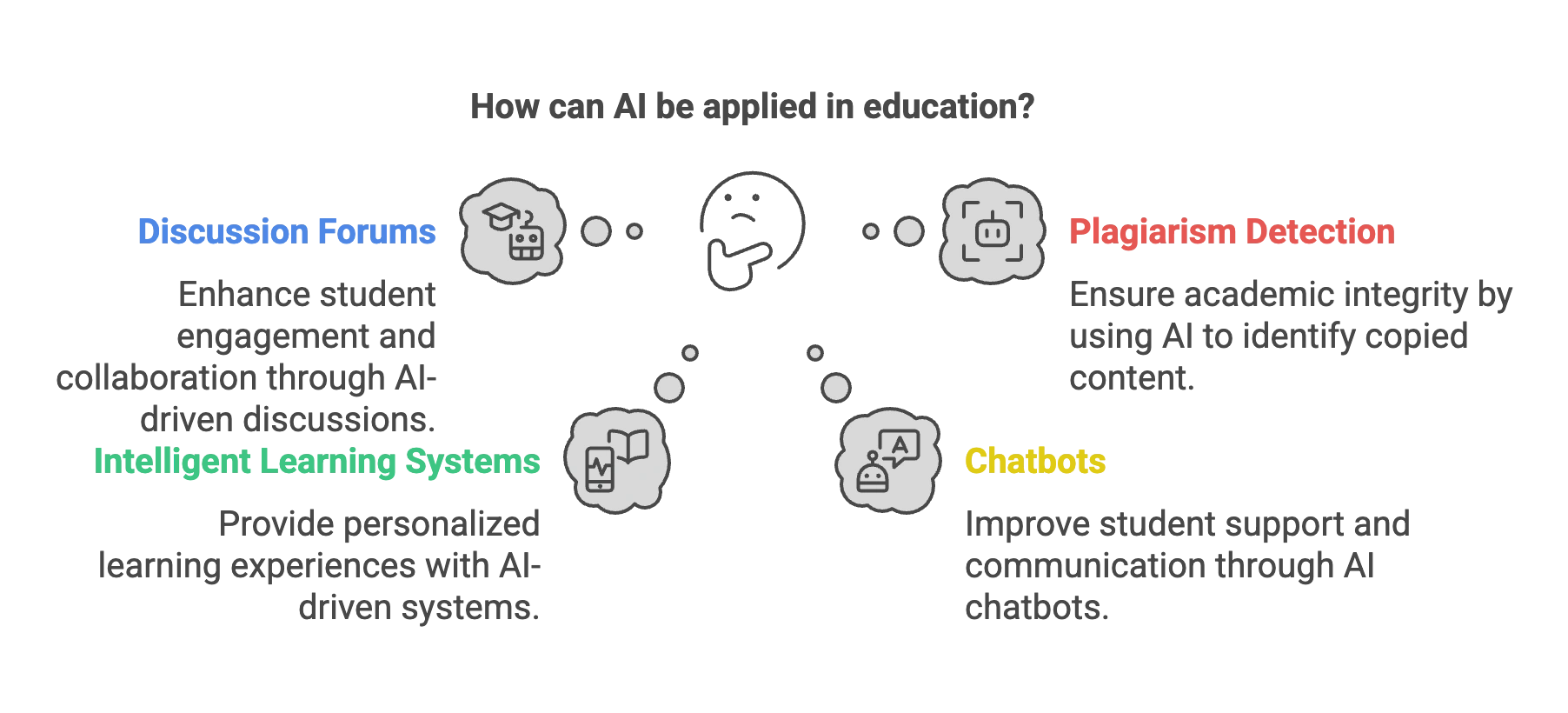
What are the Four Applications of AI in Education?
The perfect AI platform should integrate the most recent advancements in machine learning, natural language processing, and knowledge representation technologies to provide students with a customized learning experience.
Teachers and students can use the platform, allowing them to customize the content to meet their specific needs.
1. Discussion Forums
AI tools enable teachers to monitor virtual discussions as they occur so they can provide feedback immediately. They also help them ensure everyone who participates understands the concepts being discussed by their peers before moving on to fresh resources or material.
This is in contrast to traditional bulletin boards, which frequently require students to wait until they receive feedback from their peers or the teacher.
2. Detection of Plagiarism
Artificial intelligence (AI) tools tend to efficiently detect plagiarism in student papers, which can aid teachers in spotting imminent anomalies before they get out of hand.
Depending on the areas that require the most scrutiny, these detection tools can provide conscientious inputs and enhance feedback.
3. Intelligent Learning Systems
Educators can use AI tools to develop intelligent learning systems that accommodate each learner’s different requirements and tastes.
This implies that every student, in every subject or topic area, always has access to their customized curriculum. Classroom management systems can track students’ progress based on important performance indicators.
4. Chatbots
Students can use these AI tools as autonomous assistants in seeking answers to questions they have about their courses or related subjects.
Students can also serve as virtual tutors by giving feedback on their tests or homework. Likewise, feeds integrated with bots facilitate student-to-student communication on course-related subjects.
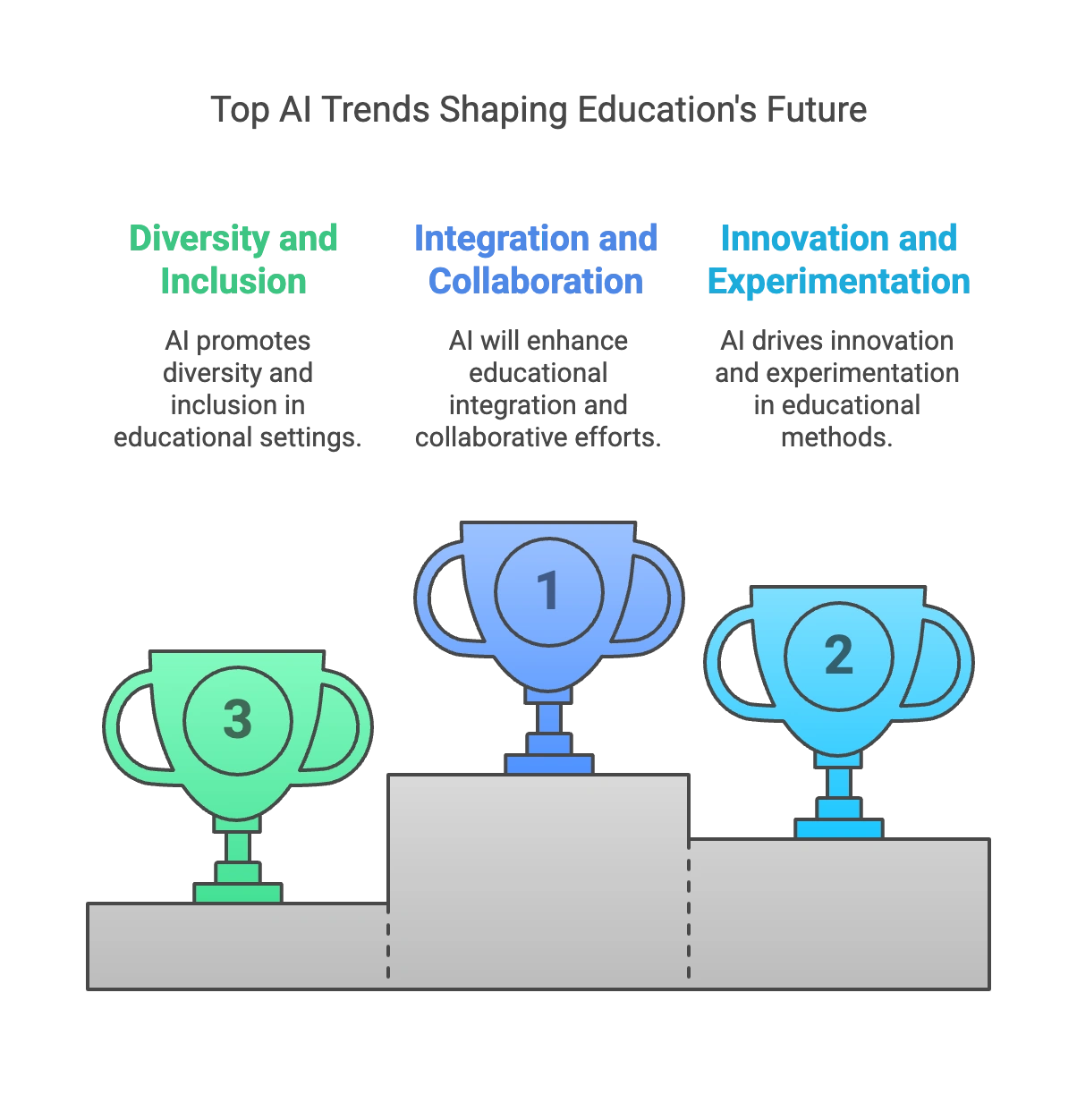
What is the Future of AI in Education?
The future of AI in education is bright and promising, as AI can create new opportunities and possibilities for learners and educators. Some of the trends and developments that we can expect to see in the future of AI in education are:
1. More Integration and Collaboration
AI tools in education will become more integrated and collaborative as they will work with other technologies, such as cloud computing, big data, blockchain, and augmented reality, to provide more comprehensive and holistic EdTech solutions.
Moreover, AI will enable more collaboration and communication among learners, educators, and other stakeholders, such as parents, employers, and policymakers, to create a more connected and inclusive learning community.
2. More Innovation and Experimentation
AI will also be used more innovatively and experimentally in education, enabling more creativity and exploration in the learning process.
AI will also allow more experimentation and testing of new ideas and methods and more feedback and evaluation of the results and outcomes. This will lead to more innovation and improvement in the education sector.
3. More Diversity and Inclusion
AI in EdTech will also become more diverse and inclusive, catering to the diverse needs and preferences of learners and educators from different backgrounds, cultures, and contexts.
AI will also promote more inclusion and equity in the education sector, providing more access and opportunity for learners and educators who face barriers and challenges, such as poverty, disability, and discrimination.
Conclusion
AI in EdTech can help overcome the key challenges of the education sector and enhance the learning experience with AI-powered educational tools. In this blog post, we have explored how artificial intelligence in education can address these challenges and improve the learning experience with AI-powered educational tools.
We have also examined some examples of EdTech advancements using AI to revolutionize the education sector. Finally, we have discussed the future of AI in education and how it can create new opportunities and possibilities for learners and educators.
If you want to learn more about how AI-driven EdTech solutions can help you achieve your learning goals and objectives, Hurix Digital and effective e-learning solutions are here for you!
Hurix Digital, a leading provider of AI-driven EdTech solutions, can help you create, deliver, and manage engaging and personalized learning experiences for your learners. Whether you are looking for online courses, learning platforms, content creation tools, or analytics solutions, Hurix Digital has it all.

Senior Vice President – Business Development
Over 25 years of experience in the edtech and workforce learning industry with strong skills in Business Development, Customer Relationship Management (CRM) and Strategy.

